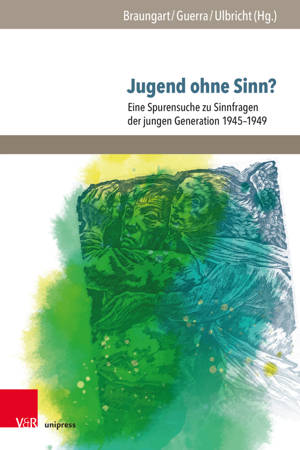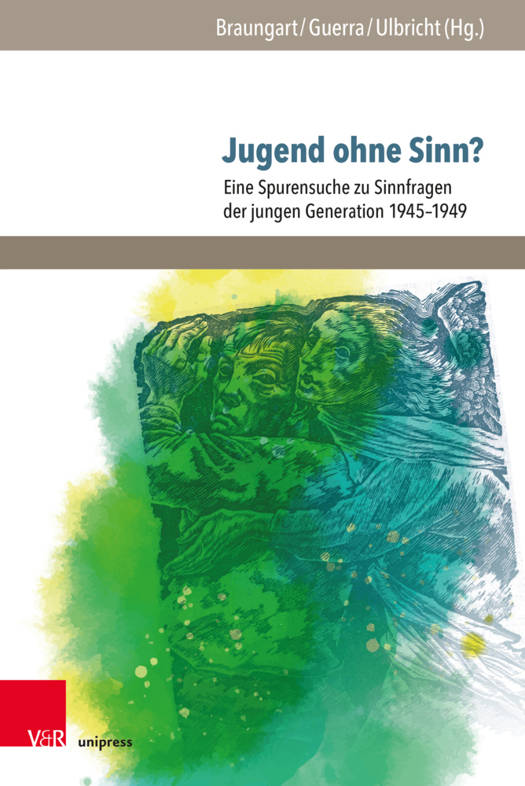
- Afhalen na 1 uur in een winkel met voorraad
- Gratis thuislevering in België vanaf € 30
- Ruim aanbod met 7 miljoen producten
- Afhalen na 1 uur in een winkel met voorraad
- Gratis thuislevering in België vanaf € 30
- Ruim aanbod met 7 miljoen producten
Zoeken
Jugend Ohne Sinn?
Eine Spurensuche Zu Sinnfragen Der Jungen Generation 1945-1949
€ 78,45
+ 156 punten
Uitvoering
Omschrijving
One would think that for 'the youth' there was a great need for meaning and comfort, for religion and "religioids" (Simmel), especially in the early post-war years. But was this really the case? The young generation in particular had to deal with an unprecedented "transcendental homelessness" (G. Lukacs). If it really did so! How did it deal with the question of guilt? Did it fall back on what had long been "tried and tested" in literature, philosophy, theology? Could the communal processes of the historical youth movement with its semantics still offer a space for socializing for the need for ideological affiliation? Did youth take on the character of a special milieu in order to distance itself from those who were responsible for the catastrophe? This volume deals with these and other questions.
Specificaties
Betrokkenen
- Uitgeverij:
Inhoud
- Aantal bladzijden:
- 492
- Taal:
- Duits
- Reeks:
- Reeksnummer:
- nr. 2022
Eigenschappen
- Productcode (EAN):
- 9783847115083
- Verschijningsdatum:
- 10/10/2022
- Uitvoering:
- Hardcover
- Formaat:
- Genaaid
- Afmetingen:
- 155 mm x 231 mm
- Gewicht:
- 6527 g

Alleen bij Standaard Boekhandel
+ 156 punten op je klantenkaart van Standaard Boekhandel
Beoordelingen
We publiceren alleen reviews die voldoen aan de voorwaarden voor reviews. Bekijk onze voorwaarden voor reviews.






